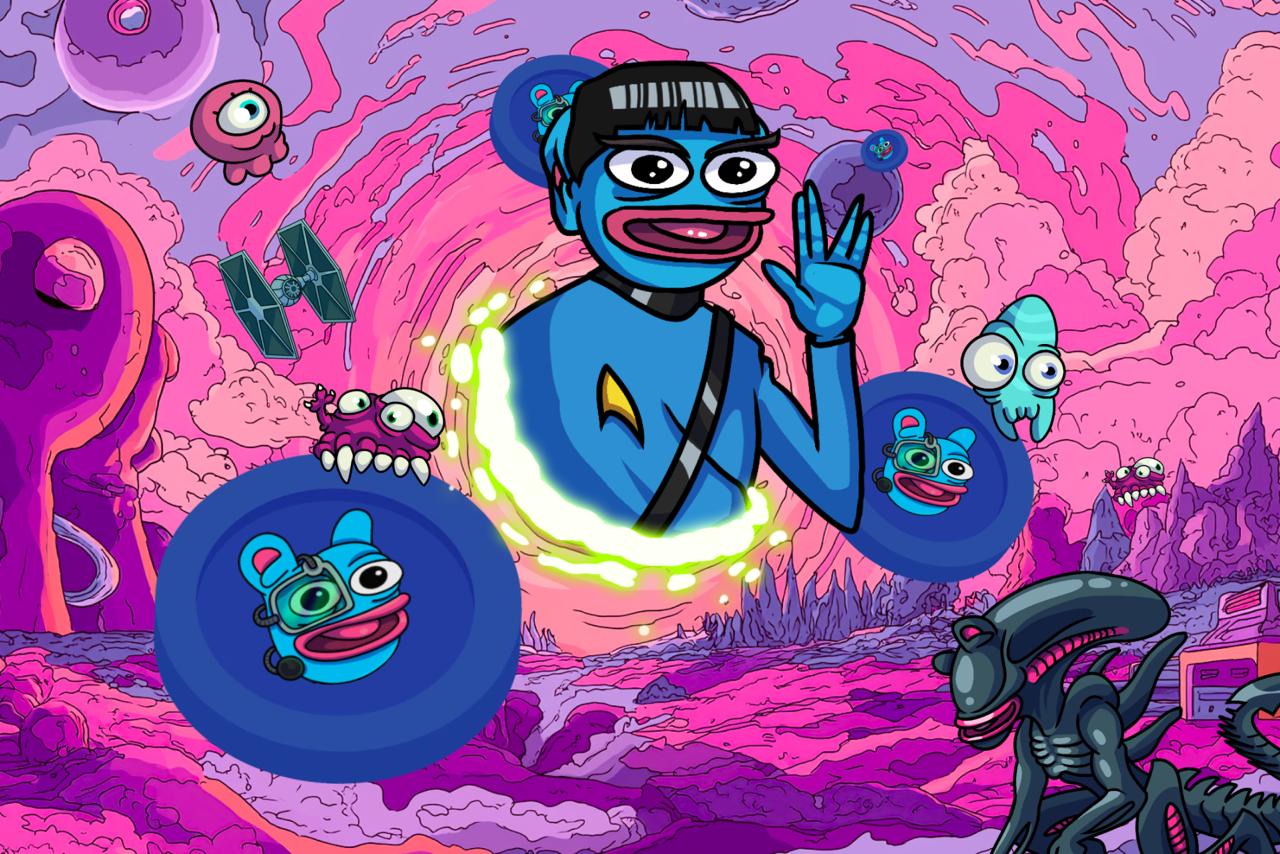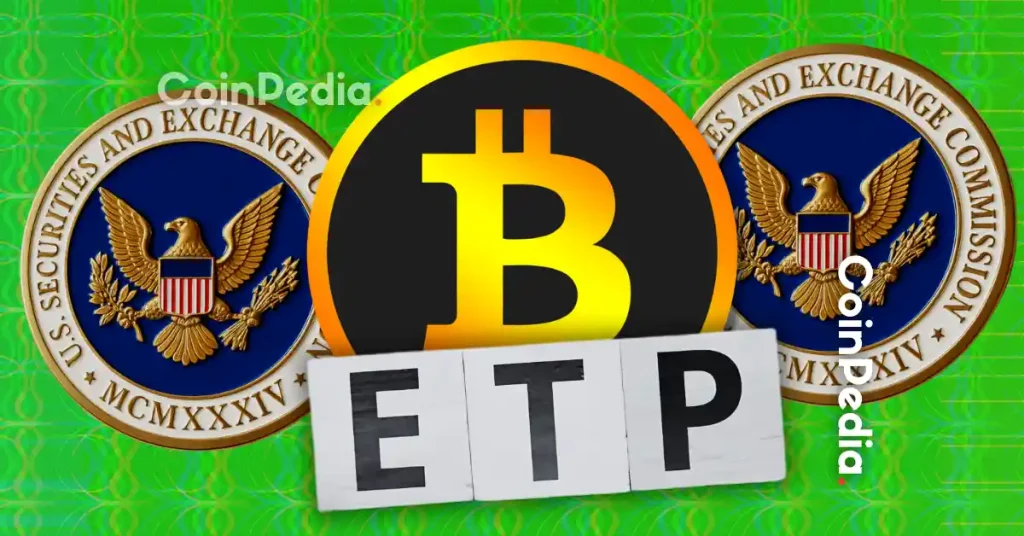Hon Hai maintains sales revenue on strong Nvidia AI server demand
Hon Hai’s August sales hit NT$606.5 billion, or around $19.8 billion, showing a 10.6% increase from last year. The company said its AI server business in the U.S. is still running strong.
That’s what’s keeping this machine alive. Nvidia’s demand hasn’t cooled, and Hon Hai is still building servers like it’s 2022 all over again.
Analysts were expecting third-quarter sales to rise by 16.4%, but Hon Hai didn’t quite hit that. Even so, the company said it’s confident Q3 sales will still grow both compared to last quarter and the same time last year.
Hon Hai boosts server production while iPhone orders fall
Server sales are about to more than double for Hon Hai this quarter. Meanwhile, the company’s consumer electronics division is losing steam. The phones aren’t selling like they used to. Hon Hai still assembles iPhones for Apple, and that business still makes up a big chunk of its revenue. But it’s not where the action is anymore.
The company is now relying more on AI infrastructure, especially server demand from Nvidia. The shift is happening fast. Apple is still in the picture, but Hon Hai is following the money, and the money’s in servers.
Hon Hai, also known globally as Foxconn, is building up AI server production in the U.S. to avoid tariffs from the U.S.-China trade conflict. Back in May, the company already lowered its full-year revenue outlook because of geopolitical risk.
And now, with Donald Trump pushing for a 100% tariff on semiconductor imports, the warning signs are flashing. Trump said companies moving production to the U.S. would be exempted, and Hon Hai isn’t wasting time.
The company is expanding its U.S. operations with more AI server production lines coming to Wisconsin and Texas, where it already has campuses.
Executives didn’t give numbers, but confirmed more AI hardware would be built on U.S. soil. “We’re expanding server production inside America,” one senior official said. The logic is simple. If the servers are built in the U.S., they don’t get hit by tariffs.
China pushes back while Nvidia doubles down
On the China side of the story, ByteDance, Alibaba, and others still want Nvidia’s H20 AI chips. That’s despite Chinese regulators telling them not to. Four insiders said Chinese companies are trying to confirm if their H20 orders are going through. They’re also watching Nvidia’s next move: a stronger chip called the B30A.
The B30A is based on Blackwell architecture, and if Washington approves it for China, it will cost about twice as much as the H20. That’s $20,000–$24,000 per unit. But the power might be worth it. One person involved said, “The B30A is six times stronger than the H20.”
Both the H20 and the upcoming B30A are watered-down versions of Nvidia’s main chips. They’re made to follow U.S. export controls, so Nvidia can still sell in China legally. But the battle is ongoing. China made up 13% of Nvidia’s revenue last year, and it doesn’t want to lose that pipeline. At the same time, U.S. officials don’t want to push Chinese companies straight into Huawei’s arms.
Some in the U.S. argue it’s smarter to keep Chinese tech firms dependent on Nvidia’s tools, rather than let them move to domestic chips. Nvidia agrees. Their software ecosystem locks customers in. Even if the chips are downgraded, they still work with Nvidia’s stack.
Trump is also getting his cut. Sources said the U.S. government worked out a deal with Nvidia to take 15% of H20 revenue. The exact terms haven’t been published, but insiders confirmed the agreement was made in July.
But still, China isn’t backing off. Authorities there have summoned major firms like Tencent and ByteDance, questioning their orders and raising data security concerns. One source said companies were told to explain why they’re still buying U.S. chips. But so far, no official ban has been issued. Firms are still free to buy Nvidia hardware, even if they’re being watched.
All the sources who spoke about the China side declined to go on record, according to Reuters, as none were authorized to talk.
That’s where Hon Hai stands; right in the middle.
Get seen where it counts. Advertise in Cryptopolitan Research and reach crypto’s sharpest investors and builders.
You May Also Like

House Judiciary Rejects Vote To Subpoena Banks CEOs For Epstein Case

Pi Network Price Prediction; PI Coin Set For A Breakout As Investors Searching For The Next 100x Crypto Buy LBRETT
